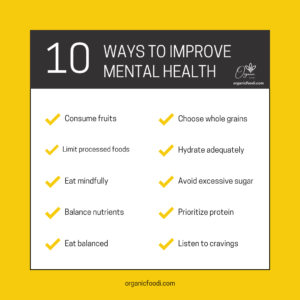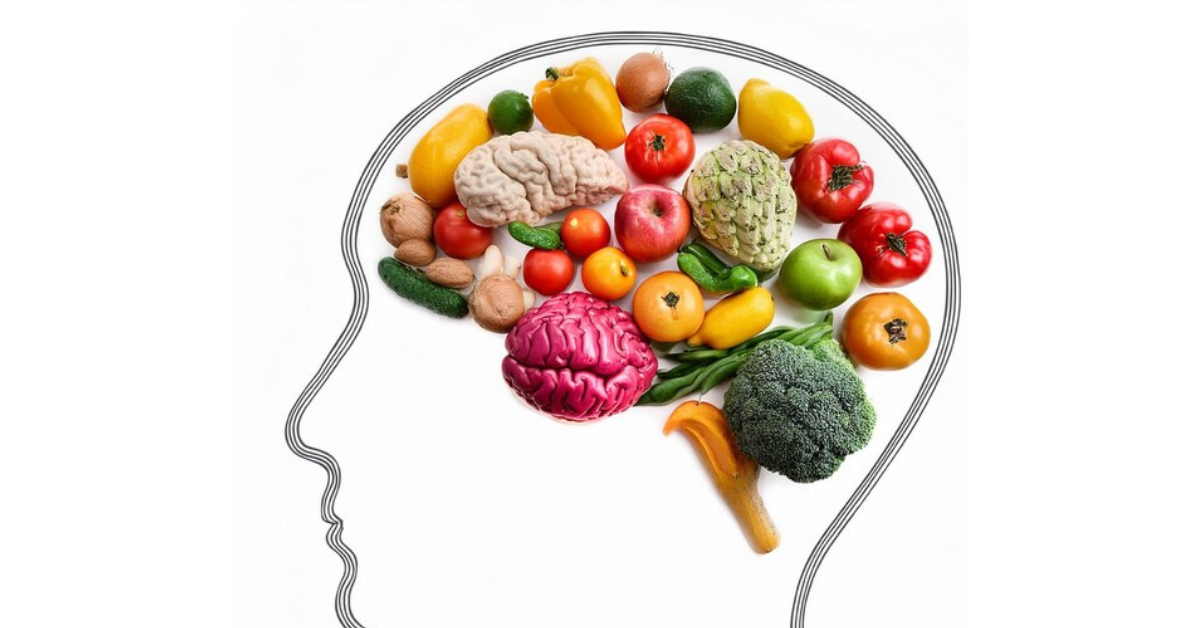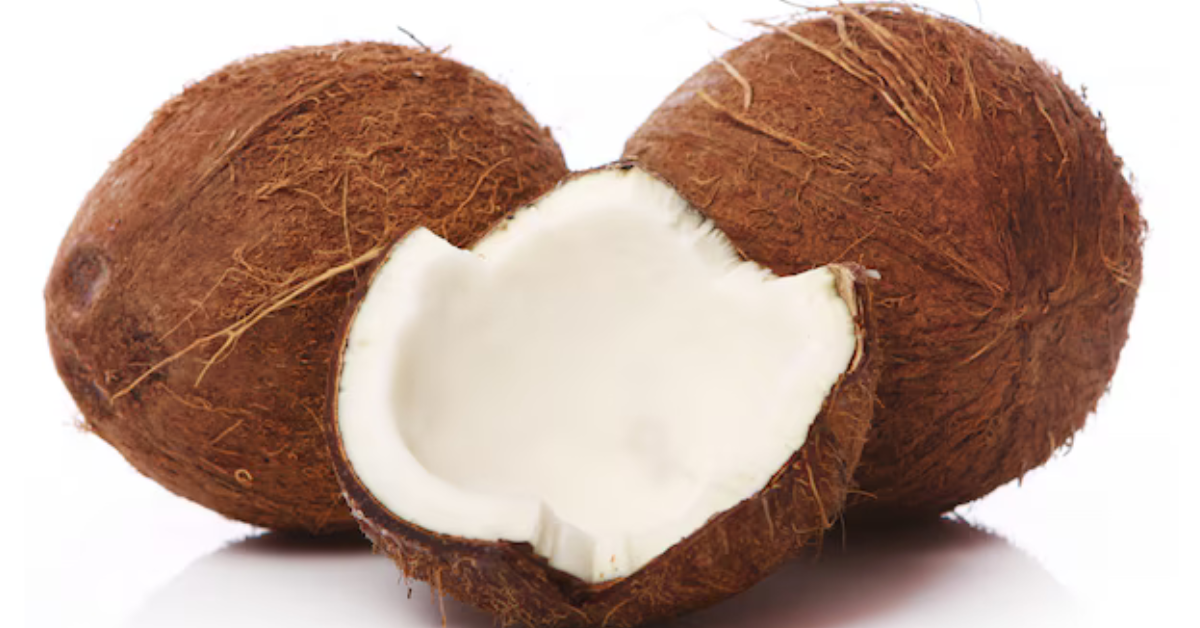Top 10 Best Foods for Mental Health
Maintaining your mental health is as crucial as keeping your body fit. What you eat plays a significant role in how you feel, think, and perform mentally.
From boosting your mood to improving cognitive function, these 10 foods are scientifically backed to support your mental health.
Best Mood Foods, good for mental health:
1. Fatty Fish
To this regard, fatty fish such as salmon, mackerel, and sardines contain a high amount of omega-3 fatty acids, particularly EPA and DHA, which are vital in the brain. These are important for the growth of cells in the brain and for nerves; they are vital for enhancing brain function and alleviating the signs and manifestations of depression and anxiety.
2. Berries
Norms rich fruit, for examples, blueberries, strawberry, and blackberries, contain anti-oxidants and flavonoids, especially vitamin c. These assist in the reduction of oxidative stress and inflammation of the mind in cases of dementia. Consumption of berries was found to put the consumer in a better position to use his or her brain effectively and also helped reduce the chances of developing depression.
3. Dark Chocolate
Emerging evidence shows that dark chocolate, especially products with high cocoa content has flavonoids, caffeine, and antioxidants. These compounds can help improve brain operations like walking and overall physical health by increasing blood circulation to the head, influencing mood and moderating stress. Dark chocolate is also rumoured to enhance the amount of serotonin and endorphin substances that lead to happiness.
4. Turmeric
Turmeric possesses curcumin, which is an antioxidant and anti-inflammatory substances. Ample proof points to the fact that curcumin does get absorbed into the bloodstream and gets directly absorbed by the brain. It can release serotonin and dopamine, decrease such depression indicators as lows, and enhance the general state of mental health.
5. Nuts
Besides, almonds and walnuts are very rich sources of omega-3 fatty acids, vitamin E and antioxidants. These nutrients maintain brain functions because they prevent the destruction of brain cells through oxidation and inflammation. Nut have also been used to reduce the risk of depression and enhance brain functions.
6. Green Tea
The same container warned that green tea is rich in L-theanine, an amino acid that can help cut anxiety and improve relaxation capabilities while one is still awake. L-theanine and caffeine found in green tea will improve brain functioning, mood and focus. Further, it plays an important role in the antioxidant damage to the brain and mental health.
7. Leafy Greens
Spinach, kale, and Swiss chard contain folate, vitamin K, and antioxidants. These nutrients help to improve cognitive function and prevent inflammation, which leads to “cognitive loss. ” Folate is specifically important for regulating the mood and has been found to decrease the risk of developing depression.
8. Pumpkin Seeds
These seeds have many minerals, such as magnesium, zinc and iron, which are vital in the functioning of the brain. For regulating mood swings and stress-related issues, magnesium is needed; for the proper functioning of brain and guidance in a proper state of mind, zinc and iron are required. Pumpkin seeds are also helpful when taken long-term for anxiety and depression issues.
9. Eggs
Choline, which is available in eggs, has the capacity to enhance brain functions and is vital when it comes to the development of a human brain. It also contains vitamin B6 and B12, which are required for the moods and brains’ health. The use of eggs is recommended to improve memory and reduce signs of anxiety and depression due to neurotransmitter synthesis.
10. Citrus Fruits
Products such as oranges, lemons and grapefruits are well known to contain vitamin C and antioxidants. These nutrients assist in preventing free radical stress and inflammation, which are the causes of any mental deterioration. This work will show that regular intake of citrus fruits is connected to an increase in mood and quality of cognitive function and a decrease in the manifestations of depression symptoms, which is best for mental health.
Nutritional Facts Table
| Food | Key Nutrients | Mental Health Benefits |
| Fatty Fish | Omega-3 fatty acids | It boosts brain function and reduces depression |
| Berries | Antioxidants, flavonoids, and vitamin C | Improves mood and protects against cognitive decline |
| Dark Chocolate | Flavonoids, caffeine, and antioxidants | Enhances mood and reduces stress |
| Turmeric | Curcumin, antioxidants | Reduces depression and has anti-inflammatory effects |
| Nuts | Omega-3 fatty acids, vitamin E | Protects brain cells and reduces symptoms of depression |
| Green Tea | L-theanine, caffeine, and antioxidants | Reduces anxiety and improves focus and memory |
| Leafy Greens | Folate, vitamin K | Supports brain function and reduces cognitive decline |
| Pumpkin Seeds | Magnesium, zinc, and iron | Manages stress and improves brain signaling |
| Eggs | Choline, vitamins B6 and B12, and folate | Regulates mood and supports memory |
| Citrus Fruits | Vitamin C and antioxidants | Protects against oxidative stress and improves mood |
Takeaway
Thus, these top 10 brain-boosting foods as part of your diet can promote brain health, improve memory, and slow down the process of aging of the brain. Concentrate on the blanche diet for optimal performance of the human brain.

Frequently Asked Questions
What foods are best for mental clarity?
Some foods that help to increase clarity of mind are; fatty fish, berries, dark chocolate, it is best for mind clarity.
What’s the best snack for mental health?
Nuts, dark chocolates and citrus fruits, for instance, are snack that would go along way in improving the mental health.
What are the best foods for mental health?
Choosing the right type of foods that helps improve mental health. Specific foods include fatty fish, berries, dark chocolate that are rich sources of omega-3 fatty acids, antioxidants, and vitamins that are needed to boost cognitive function.
How do omega-3 fatty acids help with mental health?
It is also important to understand how omega 3 fatty acids has impact on the mental health. Omega-3 fatty acids are vital for constituting the neurons of the brain and different aspects of memory, and have antidepressant effects.
Can coffee really improve brain function?
Yes, caffeine, which is present in coffee does act as a stimulant and thus improves alertness concentration as well as mood. Consumption over a long period is also believed to have fewer instances of neurodegenerative diseases.
Are there any negative effects of eating these brain foods?
In general all these foods are harmless and healthy when taken to reasonable portions. However, overloading with coffee harms sleep patterns, and the same with dark chocolate has added calories.
How often should I eat these foods for optimal mental health?
Consuming some of these foods can also be an easy way in which people can get ongoing support for their mental health. Add these foods in the course of the day in a bid to help in fulfilling the nutritional value of the foods.









Post Comment